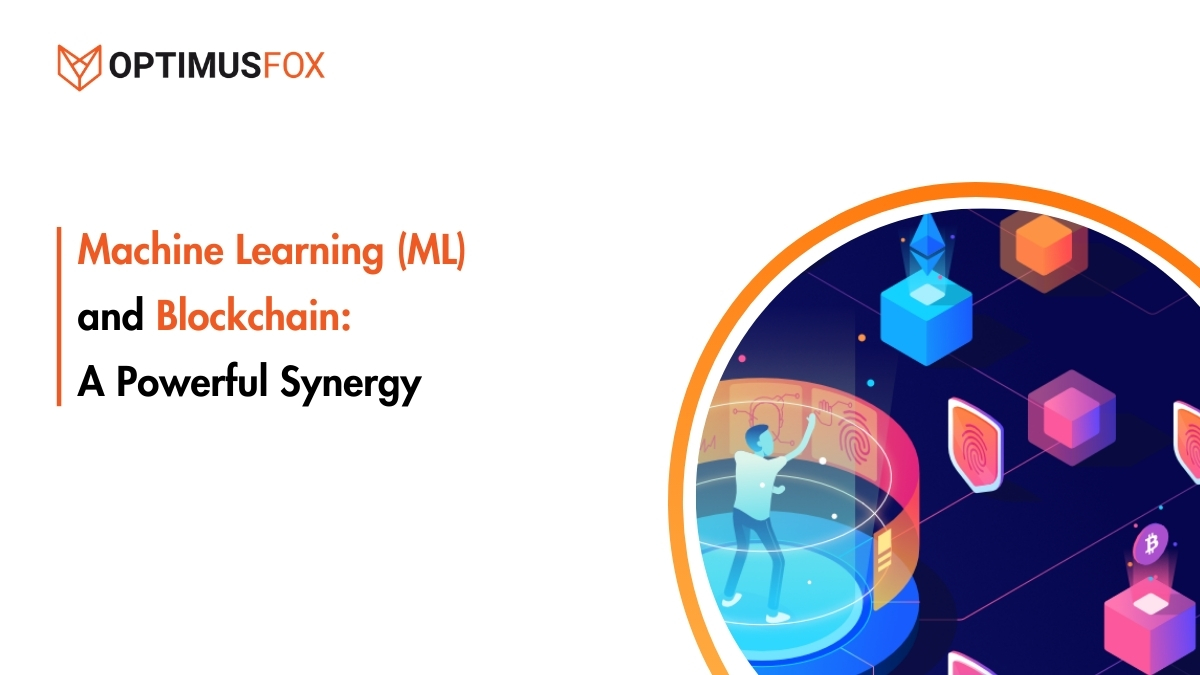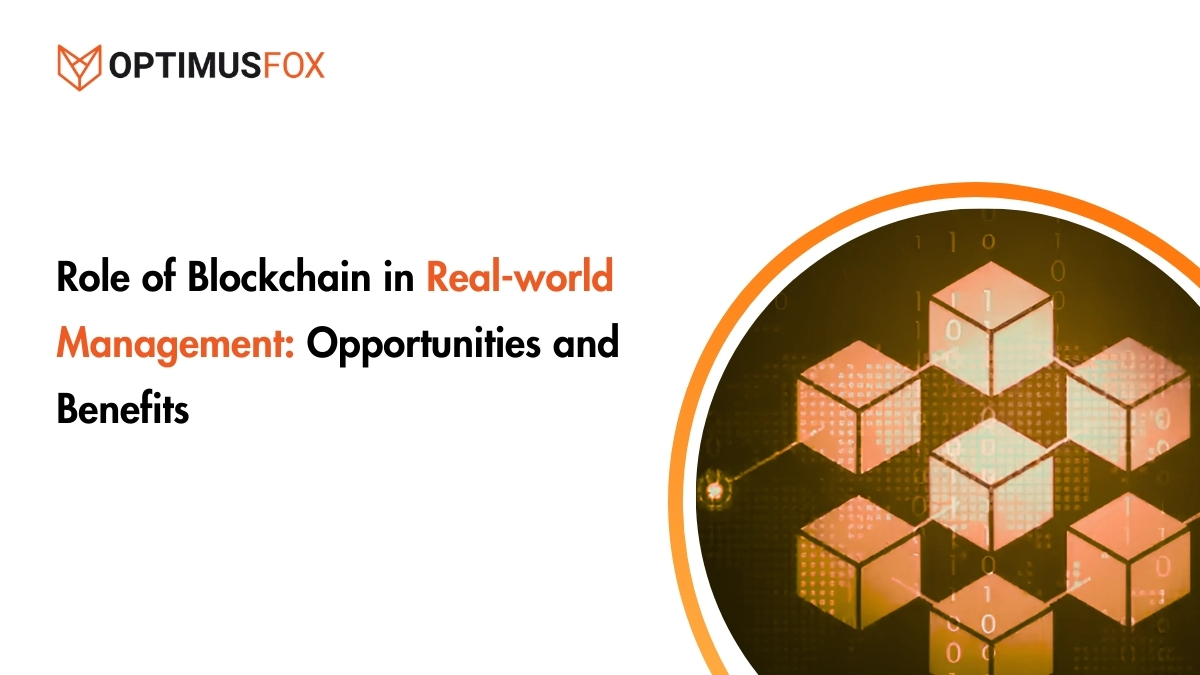The event industry has been around for centuries, but with the advent of new technologies and the rise in tech-savvy consumers, it has grown by leaps and bounds. Metaverse events have become an important part of our lives, whether we are going to an event or watching one on TV.
Metaverse has completely changed the way events are promoted and run. The platform allows users to create their unique events and sell tickets through a variety of channels like e-commerce sites and mobile apps. The platform also provides tools such as live streaming that enable organizers to interact with attendees during their event.
The most important change that Metaverse technology has brought about is that it allows businesses to market themselves effectively through events rather than just advertising on TV or in print media. In addition, it allows people who want to attend a certain event to purchase tickets online at anytime from anywhere in the world without having to wait for any specific date or timetable.
Benefits of Metaverse Events
Metaverse will benefit the event industry in many ways. Some of these benefits are:
- It provides a new way to connect with fans and followers.
- It can be used to create an online community for events and fans, which is more efficient than traditional methods such as emailing, texting, or calling.
- It allows fans to interact with each other on social media sites such as Facebook, Twitter, or Instagram and share information about the event in real-time.
- It creates a virtual world where people can act out their fantasies without being judged by others who might see what they do online, which could deter them from acting out those fantasies in real life.
- Metaverse events makes it possible for events to communicate with their audiences through virtual worlds that feel natural and real at the same time, unlike other forms of communication that require some form of translation between worlds.
Cost-Effective and Easier Event Planning with Metaverse
The event industry is a $1 trillion global industry, with a wide variety of events being held all over the world. But what does it mean for a company like Metaverse to enter this space?
Metaverse events has been in this space for quite some time now and has worked with many different types of events. Here is how Metaverse has changed the event industry:
Event Organizers Can Save Money on Their Event Expenses
For most event organizers, one of their biggest expenses is the cost of their venue. This can add up quickly when you’re planning an event that will draw in hundreds or even thousands of attendees. By using Metaverse’s blockchain technology, event organizers can save money on their venue costs by cutting out middlemen such as caterers and event planners. This allows them to get more bang for their buck; they won’t have to pay as much money upfront to host an event — meaning they can spend more time focusing on other aspects of planning their events instead of worrying about where the funds are coming from.
Event planning is Now Easier
The Metaverse platform can be used by any event planner or organizer. This means that it doesn’t matter where you are located in the world, you can use it to plan your events. You don’t need any expertise in the area of event organizing or planning to make use of this technology. Even if you have never organized an event before, using the Metaverse platform will make things much easier for you — there are numerous examples of successful events that have been organized using this software (e.g., TEDx).
To Read More: What are Decentralized Exchanges
Role of AR and VR in the Metaverse Events
AR and VR are two major technologies that play a major role in metaverse events.
AR (Augmented Reality)
With augmented reality (AR), digital elements are superimposed onto a physical environment. The real world is integrated into the virtual one, which is often shot with a smartphone camera.
One of the easiest forms of technology to use for events is Augmented Reality because there are so many ways in which attendees may incorporate it into their environment, whether they are physically present or not.
VR (Virtual Reality)
The goal of virtual reality (VR) is to create a convincing simulation of a real-world setting. Virtual reality (VR) uses a headset to transport the user into a heightened imaginary world. These seemingly endless worlds are the product of a designer, and you may be able to shape how visitors experience them.
Users can sign in, do something, navigate away, then come back to take up just where they left off, much like a video game. While sponsors retain ownership of the data, participants are given more freedom to craft unique events.
Conclusion
The Metaverse is a virtual world that can be accessed with a VR headset. It is one of the many worlds in the game, and it is also one of the largest and most populated worlds in the game.
Metaverse events duration is measured from when it starts until its end date, which may be set as soon as its start date if desired by its creator. Events that have no ending time will last forever unless someone else does something with them, such as deleting them or removing them from their owner’s inventory or placing them in another category like “Events” or “Time Traveling Creatures” or whatever category you want to use for your purposes.





